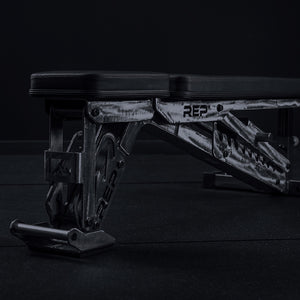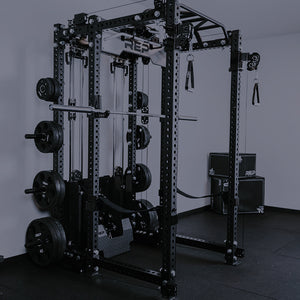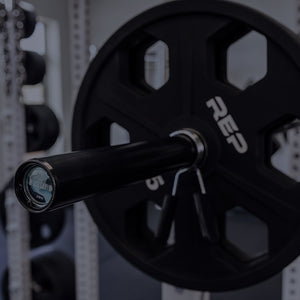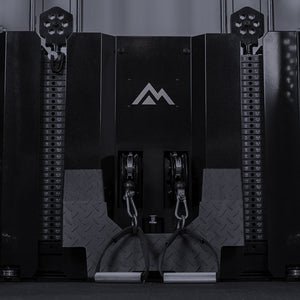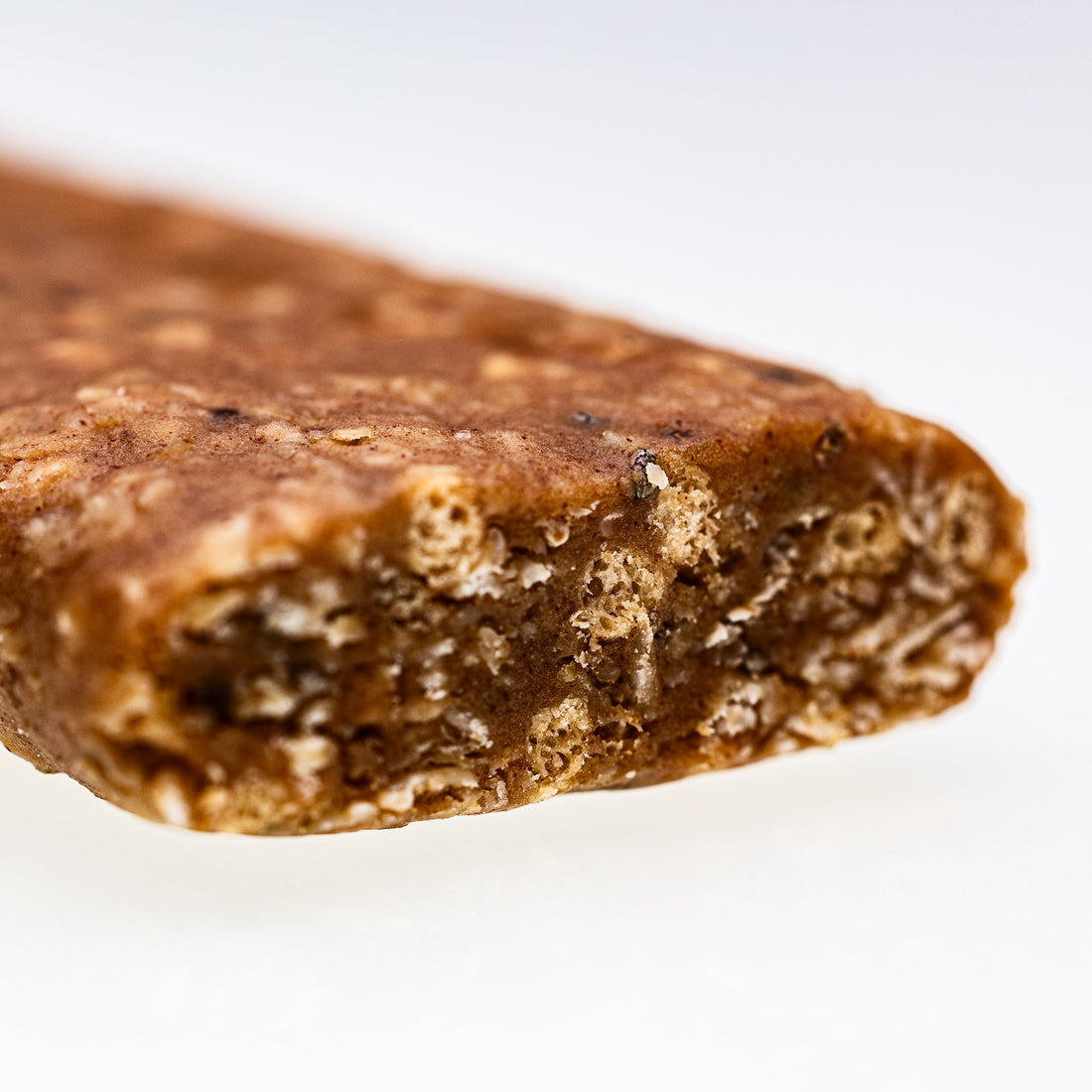
Are protein bars good for you? The answer depends on the bar itself.
A good protein bar can be a healthy, convenient source of nutrition, packed with essential protein and clean ingredients. But with so many options available, so is a ton of junk. Some bars are loaded with sugars, artificial sweeteners, or unnecessary fillers. To choose a truly beneficial bar, it’s essential to know what makes a bar nutritious and why it can support your fitness and health goals.
What Makes a Protein Bar Healthy?
For a protein bar to be beneficial, it needs more than just protein. Here are the key elements that make a bar genuinely nutritious:
Natural Ingredients: Bars made with whole-food ingredients like nuts, seeds, oats, and natural sweeteners (e.g., honey) provide vitamins and minerals that support overall health.
Protein Content: Protein is vital for muscle repair, satiety, and energy. For a satisfying snack, look for bars with at least 10 grams of protein.
Low Sugar and Low Carbs: Added sugars can detract from a bar’s health benefits, causing blood sugar spikes. Bars with low sugar and moderate carbs provide longer-lasting energy.
Healthy Fats and Fiber: Healthy fats support heart health and cognitive function, while fiber helps keep you full and aids in digestion.
How Many Protein Bars Can You Eat in a Day?
Typically, one protein bar per day is ideal if you're using it as a snack or to supplement protein intake. Over-relying on protein bars may cause you to miss out on nutrients from other whole foods, which are essential for a balanced diet. One bar a day, paired with a protein-rich diet including meats, fish, legumes, and dairy (if you can tolerate it), allows you to maintain a healthy, varied intake.
When Should You Eat Protein Bars?
Eating protein at strategic times can help maximize its benefits, particularly when aiming to build or maintain muscle. Here’s a guide to when a protein bar might be most beneficial:
Post-Workout: Protein post-exercise is essential for muscle repair. Studies (see: the Journal of the International Society of Sports Nutrition) show that eating protein within 45 minutes after your workout can help boost muscle recovery and growth.
As a Snack: A protein bar is an ideal mid-morning or mid-afternoon snack, helping stave off hunger until your next meal without a blood sugar crash.
Meal Replacement: With balanced protein, fiber, and fats, a high-quality protein bar can serve as a light meal replacement on busy days.
How Much Protein Do You Need Per Day?
Your protein needs vary depending on your activity level, goals, and body weight. Here’s a basic breakdown, per the National Library of Medicine - National Center for Biotechnology Information:
Beginner Lifters: People new to resistance training should aim for a daily protein intake of approximately 0.6–0.7g per pound (1.2 to 1.6g per kilogram) of body weight. This range supports muscle maintenance and helps prevent protein breakdown during exercise.
Intermediate to Advanced Lifters: Those with consistent training experience aiming for muscle growth are advised to consume about 0.7–0.9g per pound (1.6 to 2g) of protein per kilogram of body weight daily. This intake has been associated with positive changes in muscle mass and strength.
Bodybuilders or High-Intensity Athletes: Athletes engaged in intensive training may require protein intakes at the higher end of the spectrum, around 0.7–1g per pound (1.6 to 2.2g per kilogram) of body weight per day, to support muscle hypertrophy and recovery. Some research suggests that even higher protein intakes—up to 1.4g per pound (2.3–3.1g per kilogram) of lean body mass per day—may benefit bodybuilders and high-intensity athletes by supporting muscle maintenance and growth, especially during caloric restriction or intense training.
It's important to note that individual protein needs can vary based on factors like training intensity, overall diet, and personal health. Consulting with a healthcare provider or a registered dietitian can help tailor protein intake to your specific requirements.
Why Choose Protein Bars to Meet Protein Needs?
Protein bars can play a valuable role in reaching your daily protein goals, especially when you’re short on time. Here’s why protein bars have become a staple for many athletes, lifters, and health-conscious people:
Convenience: Protein bars are portable and don’t require refrigeration, making them a reliable on-the-go protein source. Unlike protein powder, they don’t require any dishes, washing of dishes, and won’t smell like rotting death if you forget them in your car overnight.
Controlled Nutrition: Unlike many snack options, high-quality protein bars can provide a balanced ratio of protein, fats, and carbs. This balance is ideal for sustained energy and fullness.
Protein Without a Ton of Sugar: Quality protein bars keep sugar low, offering a tasty treat with a nutritional boost.
Balanced Macronutrients: Many protein bars contain fiber and healthy fats, supporting long-lasting energy and satisfaction, especially useful when replacing/supplementing a meal or having a post-workout snack.
How Protein Bars Can Support Your Fitness and Health Goals
Whether you're focused on muscle gain, weight loss, or simply maintaining a healthy diet, a high-quality protein bar can be an asset. Here’s how protein bars can fit into different health and fitness goals:
Muscle Gain: Protein bars help you hit your daily protein intake without the need for multiple meals. For lifters and athletes with high protein needs, a bar can deliver an efficient protein boost to support muscle synthesis and recovery.
Weight Management: Bars with high protein and low sugar can aid in satiety, helping you feel full longer and potentially preventing overeating. The American Journal of Clinical Nutrition’s research suggests that diets high in protein can help reduce cravings and boost metabolism.
The journal's research indicates that increasing dietary protein from 15% to 30% of total energy intake can lead to sustained reductions in appetite, caloric intake, and body weight. This effect may be mediated by increased central nervous system leptin sensitivity.
Additionally, studies have shown that high-protein, low-sugar bars can enhance satiety, helping you feel fuller longer and potentially preventing overeating.
Healthy Lifestyle: For people simply looking to maintain a balanced diet, protein bars can offer a convenient, nutritious snack that aligns with busy schedules. Look for bars with fiber and healthy fats, which promote fullness and provide lasting energy without overloading on calories.
Choosing a Protein Bar: What to Look For

When selecting a protein bar, keep these guidelines in mind to make the healthiest choice:
Ingredient List: Aim for bars with fewer ingredients, ideally ones you can pronounce and recognize as whole foods.
Protein Type: For those prioritizing high protein content, look for bars with sources like whey isolate or pea protein. Whey isolate provides a complete amino acid profile, rich in leucine, which supports efficient muscle growth and recovery. Pea protein also offers all nine essential amino acids, though it's lower in methionine.
Balanced Macronutrients: A well-rounded protein bar will include a balance of protein, carbs, and fats, along with fiber, to keep you full and energized longer.
Taste: If you don’t enjoy the taste, you’re less likely to make it a part of your routine. Quality ingredients often translate into better flavor without artificial aftertastes.
What Are Some Healthy Protein Bar Options?
The Purist ® bar exemplifies a high-quality, healthy protein bar. Made with all-natural, real food ingredients (organic where possible) and premium protein sources, it’s low in sugar and crafted without artificial sweeteners. This bar has the clean, simple nutrition that’s often hard to find in conventional bars.
Why REP Made This
REP created the Purist ® bar in response to a gap in the market for truly healthy protein bars. Most bars are either packed with sugar or rely on artificial sweeteners. Co-founder Ryan, along with his wife, a cooking enthusiast, developed the recipe, inspired by homemade protein “balls” she’d made with almond butter. After refining it, they crafted a protein bar that delivers great taste with natural ingredients.
Who Is This Bar For?
This bar is designed for anyone seeking a healthy snack they can feel good about. The Purist ® bar provides a quick, nutrient-dense option suitable for adults and kids alike, perfect for those who value clean eating.
Pure Means Pure Guarantee
The “Pure Means Pure Guarantee” means the Purist ® bar is free of fillers, additives, or artificial ingredients, letting you snack with peace of mind.
Purist ® Bar Options
Chocolate Bar: Contains 12g of protein, perfect for a chocolate-lover’s post-workout snack or a guilt-free treat.
Honey Peanut Butter Bar: With 10g of plant-based protein (not fully vegan due to the honey), this bar offers a sweet-savory balance, ideal for a wholesome snack.
The Purist ® bar is more than just a protein bar; it’s a thoughtfully crafted, nutritious option designed to support your health goals without compromise.
similar to this
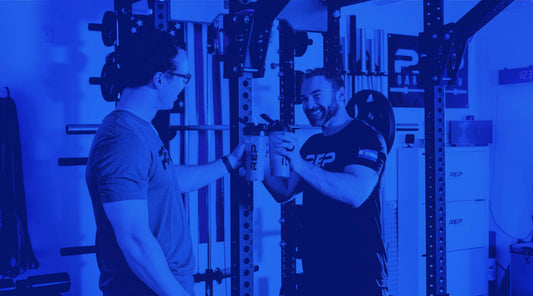
NEWSLETTER SIGNUP
Product launch information, promotions, blogs, and REP news.

